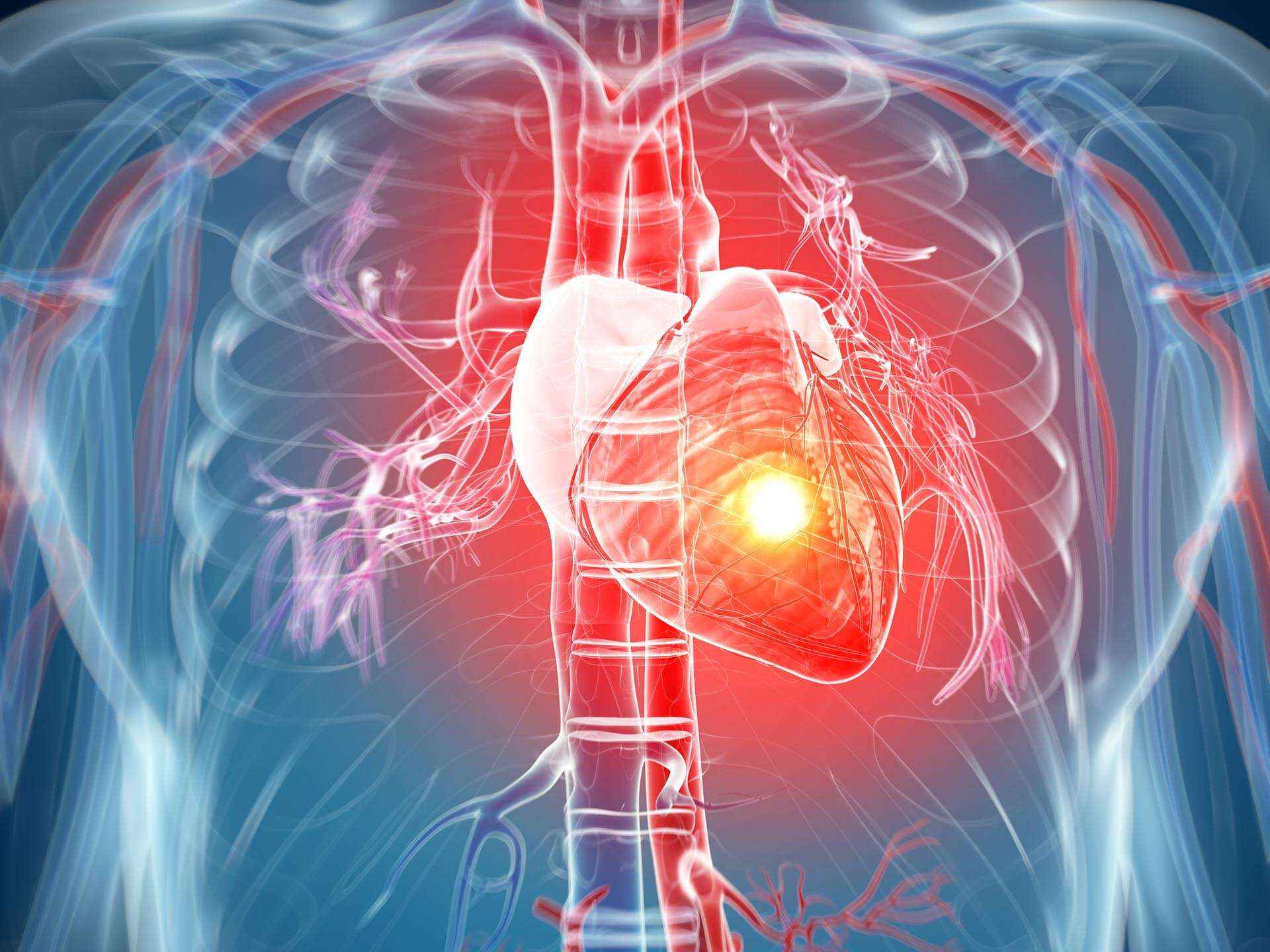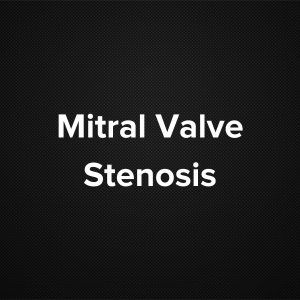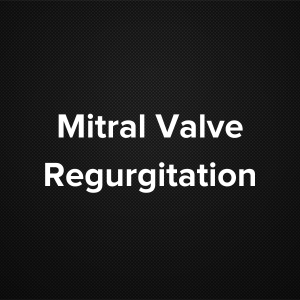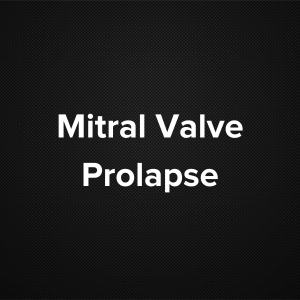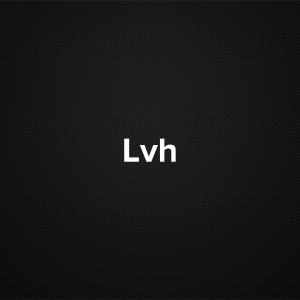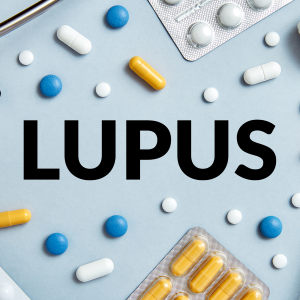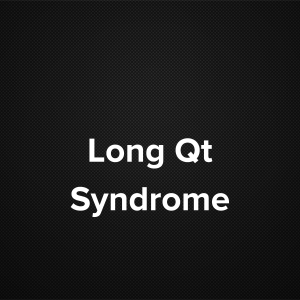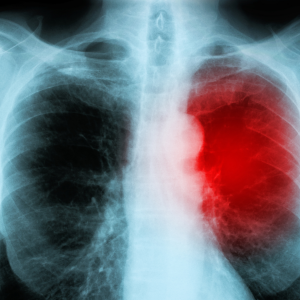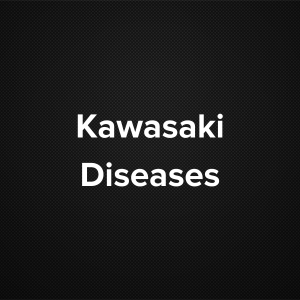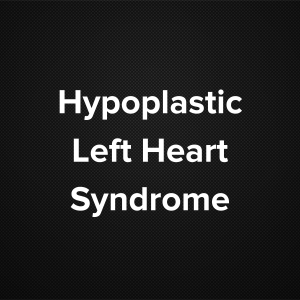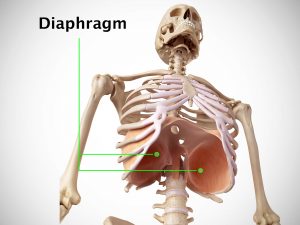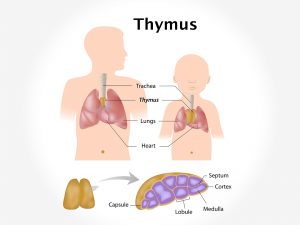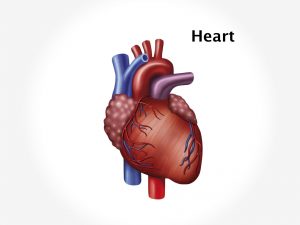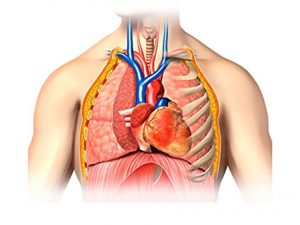Causes and risk factors
Heart attack occurs when the blood supply to the heart is suddenly stopped. A coronary artery disease is one of the major causation of heart attack. The coronary arteries are the blood vessels which supply blood, oxygen and nutrients to the heart muscle. Blockage of these arteries due fatty deposits, the inflammatory cells, proteins and calcium results in formation of plaques(arthrosclerosis) .The plaques causes blockage or narrowing of the arteries, as a result the blood supply to the heart is hampered leading to ischemia which leads to heart attack. Certain predisposing factors also contribute to the causation. These include smoking, excess of alcohol intake, diabetes mellitus, high blood pressure and high levels of cholesterol in the blood. Sedentary lifestyle, high levels of stress, intake of fatty food, obesity as well as radiation therapy used for treatment for various cancers of the thoracic region are other triggering factors. A person having a history of previous heart attack is more prone for the second one. Use of oral contraceptive pills in females also increases the risk factor. Heart attack can also lead to complications like mitral regurgitation, Rupture of myocardium, Heart failure and atrial fibrillation.
Clinical presentation
A person having a heart attack comes up with complaints of pain in chest. The pain can be either mild or severe. Compression is felt in the region of the chest or most of the times the patient complaints of burning sensation in the chest. The pain can be dull aching, piercing of stabbing in nature. It is classically known as “angina pain”. Heartburn is the other symptom of which many patients often complain of. The pain is located to the sternal region and may radiate to the left arm and fingers. Pain in jaw is occurs. Radiation to back, neck or shoulder region also occurs. The patient sweats profusely. Fatigue, nausea, vomiting and breathlessness are the other accompanying symptoms.
Investigations
Diagnosis is done on the basis of the symptoms narrated by the attendant. The vital signs of the patients are monitored. The following investigations and physical examination can also be done. On immediate basis ECG is diagnostic. Cardiac markers tropnin is the specific marker for MI. Chest X ray, 2D echo, serum enzymes levels, routine blood test along with angiography can be advised. Certain other investigations can also be advised by the patient.
Treatment
Heart attack is a medical emergency and immediate medical help is needed to prevent complications and death. Cardiopulmonary stabilization is the first line of treatment. The air passages are checked and rescue breaths are given .Medications like pain relieving, ACE inhibitors, blood thinning agents or thrombolytic are given intravenously or sublingually. Intravenous injection of beta blockers is given. Aspirin is the drug of choice in myocardial infarction. Intravenous infusion is continued for 24-72 hours and the essential parameters are monitored. A fat and sugar free diet is advised for those with high cholesterol levels or for diabetic patients. For the first two days a semi solid diet is advised. Complete bed rest is essential. Angiography with angioplasty in the first few hours after heart attack gives promising results and prevents the further damage. PAMI (Primary angioplasty to treat myocardial infarction) has been aggressively adopted to treat newly diagnosed heart attacks.”Golden Hours” protocols to treat the heart attack and other cardiac emergencies are the latest protocols.
Recent update:
A team of researchers at the University of Ottawa Heart Institute, led by Dr. Alexandre Stewart, have uncovered an intriguing link between heart attacks and a protein that is of great interest to drug companies for its impact on cholesterol.
